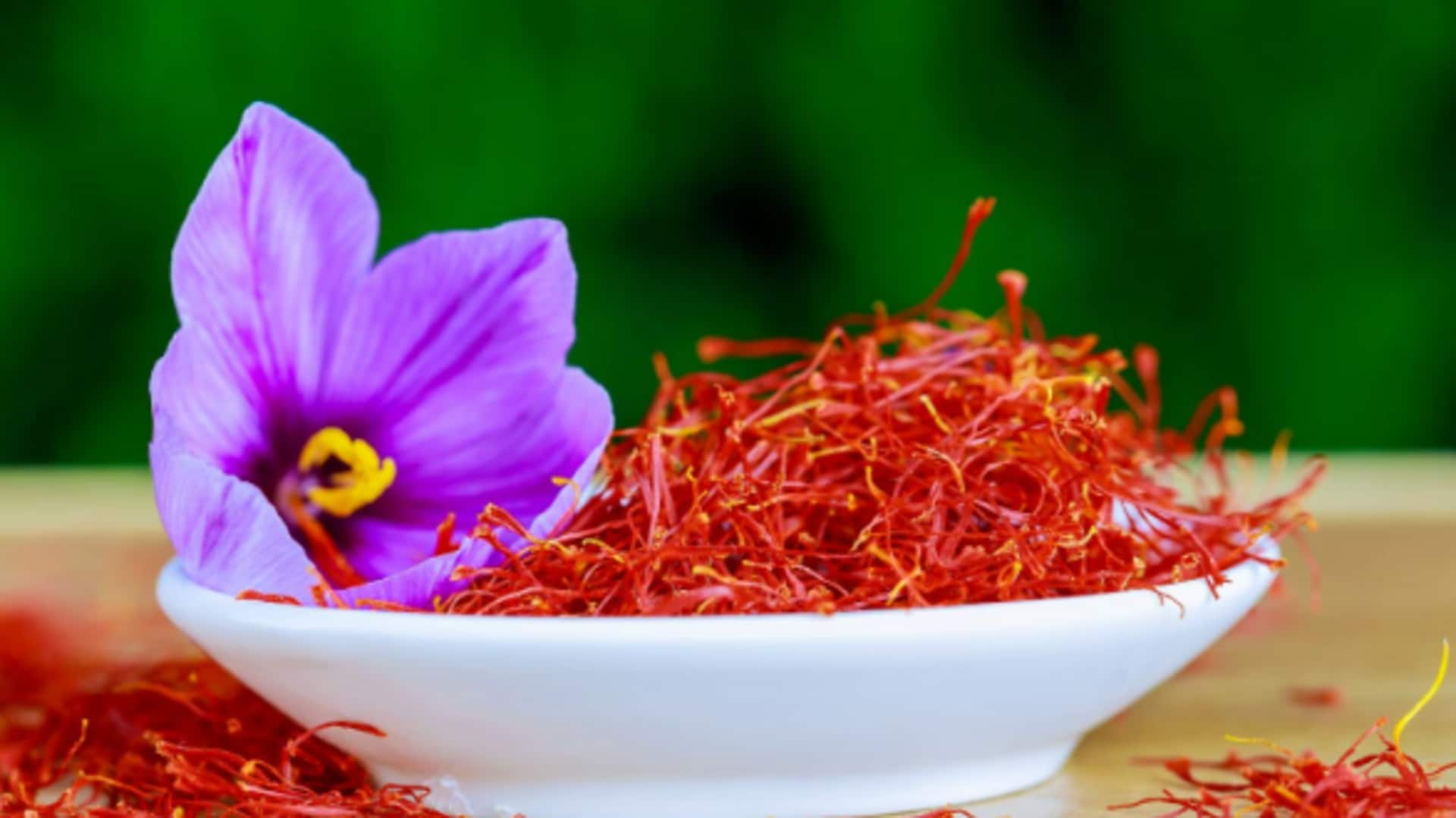AS the fashion industry continues to evolve, there are individuals whose creativity and vision are not just transforming trends but also redefining the essence of fashion itself. One such figure is Tolulope Alabi, a trailblazer in African fashion whose passion for her craft is deeply rooted in both her heritage and an unyielding desire to innovate. “Fashion, to me, is more than just clothing,” she says.
“It’s a powerful medium for storytelling, for celebrating culture, and for inspiring change.” Growing up, Alabi was surrounded by the vibrant colors, intricate patterns, and rich textures that are synonymous with African fashion. These early influences, combined with a keen interest in design, shaped her unique aesthetic.

“My childhood memories are filled with images of my mother and grandmother meticulously crafting garments by hand. However, it is not just her heritage that inspires her. Alabi finds motivation in the stories of everyday people and the challenges they face.
“I am constantly inspired by the resilience and creativity of Africans. Whether it’s the street vendors who create makeshift shops or the artisans who turn discarded materials into works of art, there’s a spirit of ingenuity here that I aim to capture in my designs,” she explains. Her work serves as a celebration of this resilience, turning fashion into a platform for social commentary and empowerment.
In addition to her cultural and social influences, Alabi draws inspiration from the broader world of art and nature. “I find beauty in the most unexpected places. A cracked wall, the pattern of leaves, or even the way light filters through a window—all of these can spark an idea for a new design,” she says.
This eclectic approach allows her to create pieces that are both innovative and deeply personal, resonating with audiences across the globe. Despite her success, Alabi remains committed to revolutionizing fashion in Africa. She envisions a future where African designers are recognized not just for their cultural contributions but also for their innovation and influence on global fashion.
“Africa has always been a source of inspiration for the world, yet we often see our ideas co-opted without acknowledgment. I want to change that narrative,” she asserts. By championing African craftsmanship and sustainable practices, she hopes to set new standards for the industry.
Sustainability is a key aspect of her vision. Alabi is a vocal advocate for ethical fashion, believing that the industry has a responsibility to the environment and the communities it impacts. “Fashion should not come at the cost of people or the planet,” she states.
Her commitment to this cause is reflected in her use of locally sourced materials, eco-friendly dyes, and fair labor practices. “It’s about creating beauty that lasts, not just in terms of style but in the way it’s made,” she adds. Looking ahead, Alabi hopes to continue pushing boundaries, not only in design but also in how fashion is perceived and consumed.
She envisions a world where fashion is more inclusive, diverse, and reflective of different cultures. “Fashion should be accessible to everyone, regardless of their background or economic status,” she says. This belief drives her to create affordable collections that do not compromise on quality or style.
Her aspirations extend beyond the runway. Alabi is passionate about mentoring the next generation of African designers, sharing her knowledge and experience to help them navigate the industry. “I’ve been fortunate to have mentors who guided me, and I believe it’s important to give back,” she notes.
Through workshops, collaborations, and educational initiatives, she aims to create opportunities for young talent to thrive. As she continues to innovate and inspire, she remains focused on her mission to revolutionize fashion in Africa and beyond. “My goal is to create a legacy that goes beyond clothing,” she concludes.
“I want to change the way people think about fashion—how it’s made, who it’s for, and what it can achieve. For me, fashion is a tool for empowerment, a celebration of identity, and a force for positive change.” READ ALSO: Lagos govt arrests six for urinating on rail track.



















